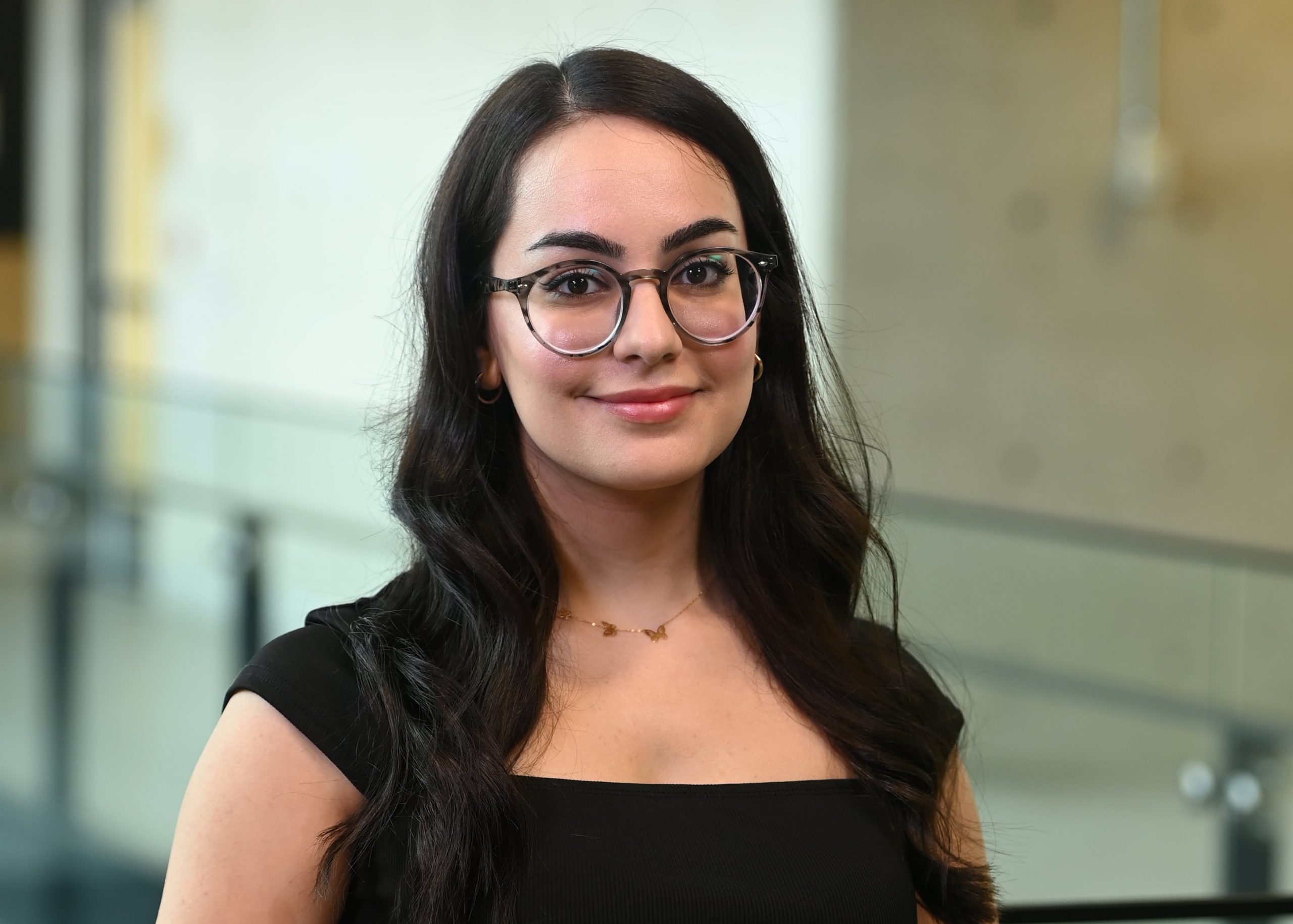
I decided that I wanted to study political sociology on November 8th, 2016—the night of the U.S. presidential election. I wanted to understand everything: what was happening, how we’d arrived at that moment, and, most importantly, how to move forward from it. I’m not an American citizen, but, like many others, I could see new tensions forming at family dinners and among old friends and classmates on social media. Why do people believe what they do, anyway? And what might cause them to change their minds?
I knew that change was possible; after all, I had changed my mind. Political change can happen slowly, incrementally, but it doesn’t always: sometimes it’s a lightbulb moment, a sudden realization—an idea that didn’t make sense before, finally clicking into place. Especially in periods of uncertainty, crisis, and disruption, there is real potential for collective breakthroughs. When the status quo fails us, we can start to explore new possibilities.
We are living through an extended period of uncertainty, crisis, and disruption. The silver lining of these times is their potential to bring about much-needed changes, increasing social and economic justice—if only we had the courage to seize this potential.
While there is much to find discouraging in the political world, there is plenty of courage on display, too. Courageous acts do not exist in a vacuum, but rather have ripple effects that can lead to sea changes. One year ago, for example, 17-year-old Darnella Frazier kept her camera poised on a police officer for nearly 10 minutes as he murdered George Floyd. This courageous act resulted in millions of people around the world rallying for Black Lives Matter and protesting police brutality, bringing police and prison abolition (#DefundThePolice) into mainstream discourse.
Many activists are now observing a similar change in the discourse relating to the Western view of Palestine. The longstanding conflation of criticizing Israel’s actions with antisemitism has confused the public and silenced many would-be critics of the apartheid regime. But, despite serious consequences, many Palestinians and those in solidarity with them have shown incredible courage in their resistance, activism, and reporting. Thanks to their perseverance, more people than ever are speaking out.
These two examples are not unrelated. Both are pictures of state violence that has been normalized or seen as necessary by the majority population, the dominant racial group. A lightbulb moment on one issue can lead to recognition of the other, or recognition of similar dynamics elsewhere— including in Canada, a state built on the ongoing genocide of Indigenous people.
Thus, the ripples compound, further and further, becoming tidal waves crashing on many different shores.
Making change—creating a better, safer, and more equitable world—is always hard, slow work. Change can be frightening, even threatening, to those who derive their sense of security from the familiar, however unjust familiar systems or conditions may be.
But, if these difficult times have a silver lining, I hope it is that, with courage, we may come to better understand and expose injustice, build global solidarity, and then imagine and create a world that nourishes all its children.
Photo by Manny Becerra on Unsplash










